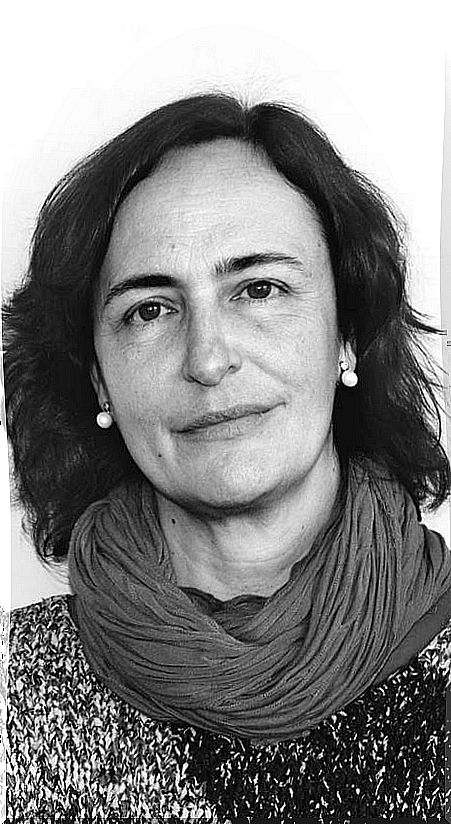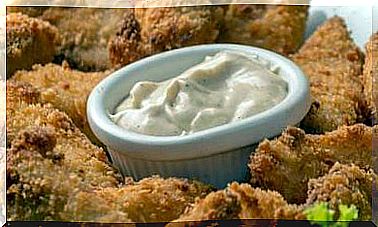“Organic Food Saves On Health”
María Dolores Raigón defends with closeness and good humor the benefits of organic production. And she does so with the support of her curriculum: she is an agronomist and professor and researcher on organic farming.

PhD, agricultural engineer and professor of Soil Science and Agricultural Chemistry at the Polytechnic University of Valencia, Lola Raigón has just published the Manual of Ecological Nutrition. From the molecule to the plate (Ed. SEAE). He says the book, which is more than 700 pages long, has given him “a lot of work, but gratifying.” Among other things, the book addresses, among other issues, the price of organic food.
– Is it more expensive to eat organic food?
– I distinguish between value and price. Eating organic has a value: you help the environment, you contribute to your health and you support the farmers and ranchers in your area. But organic food also has its price, in which they have quantifiable indirect costs that conventional ones do not have.
– What costs?
–For example, in any link in the ecological chain you have to pay to demonstrate that the standards are being met and to obtain the seal that guarantees that the food is ecological. They are costs that the system obliges.
–Then, they are more expensive.
– It seems to me that those who have an abusive price are the conventional ones. It must be taken into account that for every euro spent on conventional food, another must be invested in correcting the environmental problems derived from its production, and another euro in solving the health problems that they cause us.
It is a cost that is not reflected in the price, but that we pay out of our own pockets. In addition, an organic food usually contains less water, so it is richer in nutrients and in flavor.
–The consumption of organic food does not stop growing, but prices do not fall.
–The demand is growing, it is true. And also the production. This has allowed prices to remain stable. But things are changing. During the COVID-19 lockdown last spring, the consumption of organic food skyrocketed.
– How is it explained?
–In a crisis we redefine priorities. With the arrival of COVID-19, we have seen the wolf’s ears, as it already happened in the 2008 crisis.
– Who buys organic in Spain?
–The average consumer profile is someone 35 years old who has one child or more. The birth of a baby produces changes in family consumption, as well as the appearance of a disease.
–Clean food is a necessity to maintain health.
–That is why organic food has to be the product that prevails, because we cannot continue with such high levels of cancer, obesity and type 2 diabetes, or with so many cardiovascular diseases. 75% of the diseases of the 21st century are related to food intake. They should be free of pesticides. Eating organic is neither for hippies nor posh, it is a right: these foods must be accessible to the entire population.
– Is there scientific evidence on the healthy properties of organic food?
–I am not going to refer to my studies, but to the NutriNet-Santé, which offer tremendous evidence, especially in relation to cancer prevention.
-Organic agriculture, furthermore, is it scientific?
“Yes, we are not cavemen!” There are scientists and technicians who work every day to introduce sustainable techniques in accordance with current regulations and who put science at the service of this sustainable agriculture, which is not at all archaic.
– Do organic products grown in Spain, Argentina or China have the same guarantees?
–All comply with the regulations because they check that the concentration of pesticides is zero, but it is not possible to control whether this food has been collected in slavery conditions or a forest has been devastated. In addition, there are parameters such as air or water quality that are more difficult to control.
– Does the rise of organic farming cause a problem?
-That some see it only as a business opportunity and get involved in complying with the minimum standards of the regulations, without any sensitivity. This is what we call the “conventionalization of organic farming”. Apart from the regulations, there are parameters, daily practices, which depend on the farmer’s personal commitment, so the problem will have to be closely followed, in case a second, more rigorous labeling is needed.









